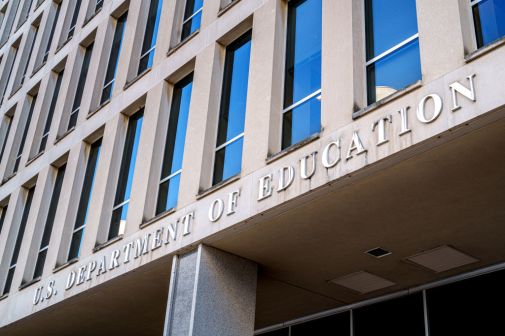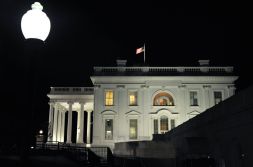President nudges agencies to apply behavioral science
President Barack Obama signed an executive order Tuesday encouraging federal agencies to use behavioral science to improve the way people interact with the government.
“By improving the effectiveness and efficiency of government, behavioral science insights can support a range of national priorities, including helping workers to find better jobs; enabling Americans to lead longer, healthier lives; improving access to educational opportunities and support for success in school; and accelerating the transition to a low-carbon economy,” Obama wrote in the order.
Under the order, agencies are encouraged to identify policies or programs that can be streamlined or enhanced to remove administrative hurdles, shorten wait times or simplify forms based on insights gleaned from behavioral science experts.
The guidance comes from the new Social and Behavioral Sciences Team in the White House, which has been working on a number of projects across the executive branch over the past year.
In a report released with the order, the new team chronicled a number of improvements it has already made:
- Service members saved $1.3 million in retirement funds through the government’s Thrift Savings Program over the course of one month thanks to a single email that easily directed people through the enrollment process.
- A series of text messages led to a nearly six percent uptick in college enrollment for low-income students.
- A more user-friendly online entry form for self-reported vendor sales figures at the General Services Administration led to an additional $1.59 million in fees collected in a single quarter.
“A growing body of evidence demonstrates that the findings of social science, about how people get information to use it in order to make decisions that they then act on, can better serve the American people,” said John Holdren, the assistant to the president for science and technology and director of the White House’s Office of Science and Technology Policy. “I’m sure we can all think of a government process, form, website or communication that could benefit from a refresh that incorporates insights from the social and behavioral sciences on how we as humans access, interact with, understand and respond to information in ways that depend on how it is presented.”
Heading into its second year, the Social and Behavioral Sciences Team has planned more than 20 new projects. Among them are a project with the Pentagon’s Defense Finance and Accounting Services to help 2.5 million retired service members access their statements online; as well as initiatives to boost the number of people using Blue Button through the Veterans Health Administration to access electronic health records; and help the Energy Department provide reports to families that will let them save money on energy bills.
Office of Management and Budget Director Shaun Donovan said the team’s work fits with the broader “evidence agenda” across government, exemplifying the best of what the government is trying to do.
“Fundamentally, the work of this team and their partners is about learning what works and acting on that knowledge to implement more effective strategies,” Donovan said. “For OMB, that is the sweet spot. We try to figure out best practices and work with agencies to implement them and make sure those practices are spreading.”
In addition to the government initiatives, a number of colleges have signed on to deliver white papers and propose applications of behavioral science on a federal level. Among the universities included are Carnegie Mellon, Duke, Harvard, Michigan, Penn and Stanford.
The use of behavioral science has been on the upswing in recent years, with the popularity of the “Nudge Theory” — positive reinforcement or indirect suggestions instead of direct enforcement — taking hold in governments across the world. Two of the world’s most prominent behavioral scientists — Nobel award-winning psychologist Daniel Kahneman and renowned Harvard professor Cass Sunstein — were on hand for Tuesday’s announcement.
“The success of this effort is another demonstration that the social and behavioral sciences are real sciences with immense value, and these sciences warrant abundant support in the federal science and technology budget,” Holdren said.
You can read the full executive order below.






